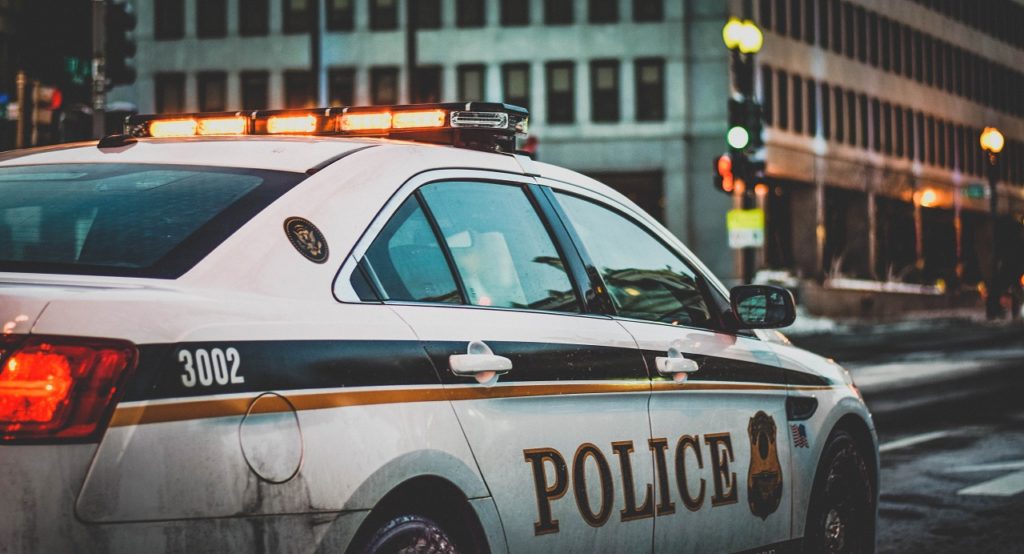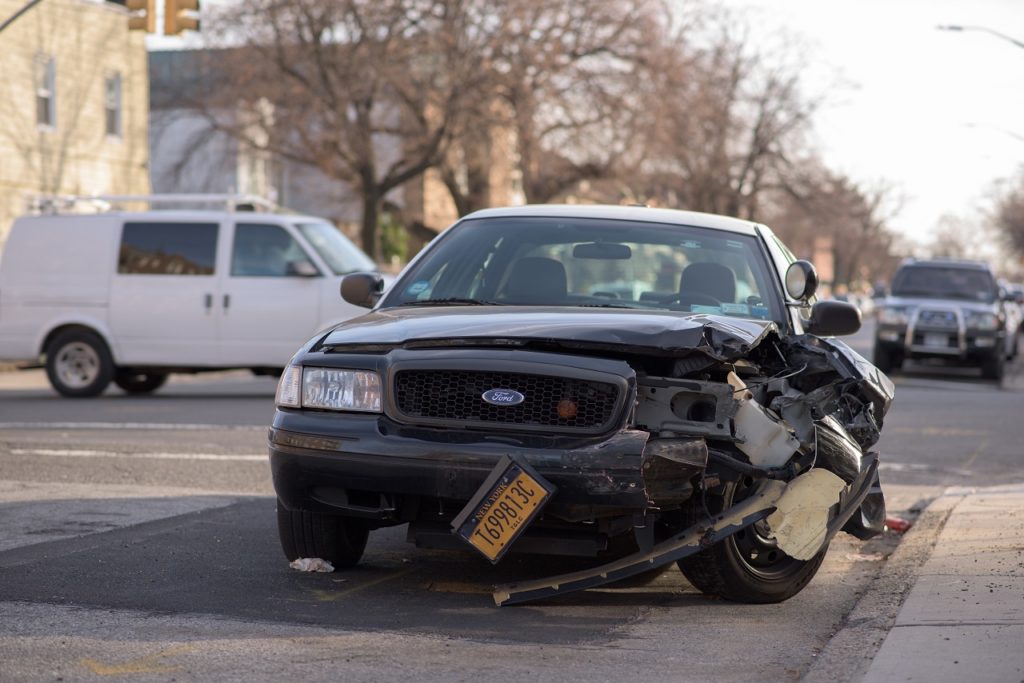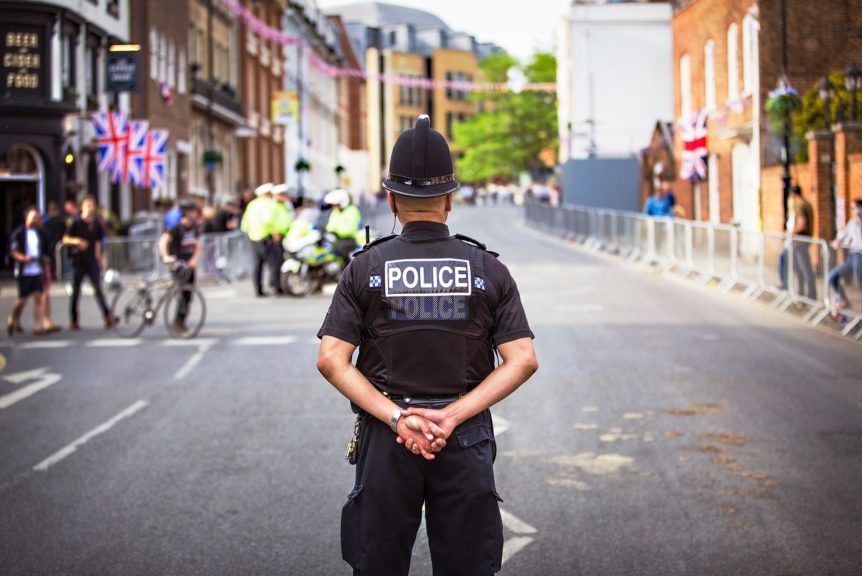“Can you sue the police” is a common question people who’ve had negative encounters with law enforcement ask. The short answer is yes! It is possible and within your rights to sue the police.
Law enforcement officers are not themselves above the law. While it won’t be easy, a lawsuit against the police department is certainly not impossible. This article explores what your options are with regards to pursuing a police lawsuit.
Can I Sue the Police Department for Violating My Rights
The police department generally has broad powers to enforce the law. Nonetheless, there are laws in place that cap how far they can go in carrying out their duties.
It’s no secret that officers have been known to go too far in violating the civil rights of citizens. In such instances, victims have the right to seek legal redress through state and federal laws.

These laws were put in place to protect civilians from government abuse which includes police misconduct. Civil rights laws allow lawyers that sue police departments to pursue punitive as well as compensatory damages as incentives for victims to enforce their rights.
If you’re thinking of suing the police department, you need to prove that the officer demonstrated wilful and unreasonable conduct in the execution of his duties. Sadly, mere negligence isn’t enough to create liability.
How to Sue the Police
If you had an encounter with the police and you believe your rights were violated, there are several things you need to consider. Building a strong foundation for your case is important for your lawsuit to hold up in court.
1. Speak to a Civil Rights Lawyer
Working with an attorney who is familiar with cases that deal with police misconduct could be the difference between your case sinking and gaining traction. These cases are generally complex to try in court. Moreover, if you were charged with a crime that was part of the incident in question, for instance, resisting arrest, police can use this to their defense.
2. Preserve Evidence
If you sustained any injuries in the process, ensure you store any clothes or objects that were damaged during the altercation. You should also take pictures of any injuries you sustained and locate people who witnessed the incident to testify in your case.
3. File Complaints
File complaints with the police department involved, the US Attorney General’s office and the US Department of Justice. It’s important to involve your attorney in the process as the nature of these complaints has the potential to either help or hurt your case.
Can I Sue the Police for False Charges
Not a day goes by without coming across a story of an exonerated death row inmate or an overturned conviction. But, what you hardly hear about is whether or not they were compensated for being wrongfully convicted.

While it is illegal for a police officer to deprive you of your constitutional rights, a lawsuit against them for false charges would have to prove that they didn’t have probable cause to believe that you had committed or were in the process of committing a crime at the time the arrest took place.
Alternatively, you would have to prove that you had a legal right to engage in the activity that prompted the arrest. Consulting with an experienced criminal defense attorney will help steer the process.
Can I Sue the Police for Not Investigating
When someone has wronged you, it is quite frustrating when the police don’t bring the person to book. In the Commissioner of Police of the Metropolis v DSD & another, the Supreme Court judge ruled that victims of a serious crime can sue the police and other state bodies for failing to fulfill their duty to investigate a crime.
A civil lawyer is in the best position to assess whether the crime for which you are a victim of, meets the required threshold to sue the police. On the other hand, if the person was cleared of criminal liability by the police, you have the option to pursue the matter in a civil suit against them.
How to Sue the City
A state resident may want to sue the city for any number of reasons. For instance, you may sustain injuries in a slip and fall in a government building. Or, a pothole on a public might have caused serious damage to your car. Whatever the nature of the incident is, it is within your rights to sue the city and recover damages.

How to Sue a City for Negligence
Suing the government for damages is a lot harder than pursuing a personal injury case against a private entity. But it is not impossible.
While public entities do enjoy certain immunities, they can be held accountable when they neglect their mandate of care to the public. Here’s how to sue a city for negligence:
1. Speak with a Personal Injury Attorney
When pursuing a lawsuit against the city, the last thing you want to do is represent yourself. You could but it’s not recommended. You would be going up against the city’s team of accomplished attorneys.
2. File a Notice of Claim
Before you go ahead and file the suit, you need to serve the city with a notice of claim. That way, the city can try to settle the matter privately and avoid heading to court.
3. Wait for a Response from the City
Sometimes the city will choose to settle the claim after they receive the notice. However, in most cases, they don’t.
4. File a Lawsuit
Your attorney will then proceed to file the lawsuit and serve copies of it to all interested parties. Both sides will be able to gather evidence and interview eyewitnesses during the discovery process. If the city reviews all the evidence against them and concludes that they’ll lose if they go to trial, they’ll opt to reach a fair settlement.
5. Trial
In the unlikely event that you aren’t able to agree on a fair settlement with the city, your case will go before a judge and jury. On the upside, damages awarded at this stage are much higher than settlements.
The Takeaway
Your chances of winning in a lawsuit brought against a police officer depend largely on the nature of the claim. Easier to prove lawsuits include intent, excessive force, and negligence.
Lawsuits that revolve around homicide charges and wrongful death can also deliver a favorable outcome for aggrieved parties. However, this is still hard to do given the rule of governmental immunity. Speaking with qualified and experienced civil-rights and criminal attorneys will help you explore your best options. Here’s our recommended list of lawyers to get you started.
If you have more legal questions, you can also chat online with a Laws101.com attorney where you’ll be instantly connected to a lawyer who can give you legal guidance on your specific case or question.
